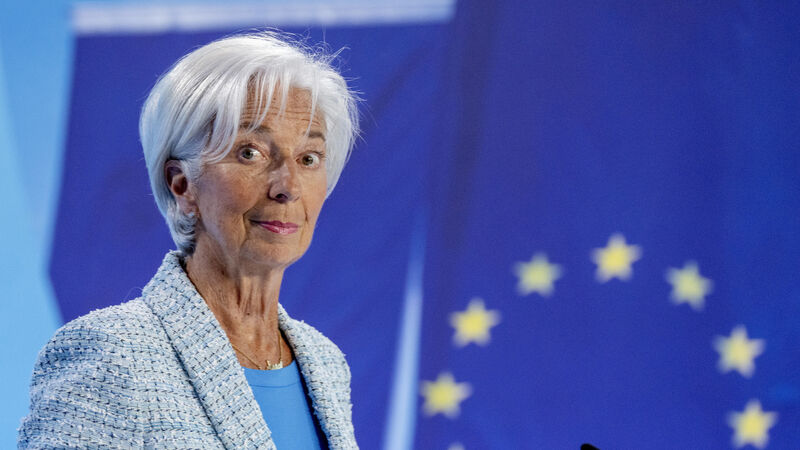Jim Power: Confused picture for Central Bankers

The ECB's Governing Council is due to meet early next month to discuss interest rates cuts with the threat of trade war looming.
In the world of economics and politics the surge in inflation in 2022 and the subsequent tightening of interest rates to bring it back under control has really been the biggest economic and political story in many countries around the world over the past couple of years.
As 2024 progressed it seemed that the battle against inflation had been won as headline inflation rates decelerated sharply and central banks responded with a so far quite significant easing of interest rate policy.














